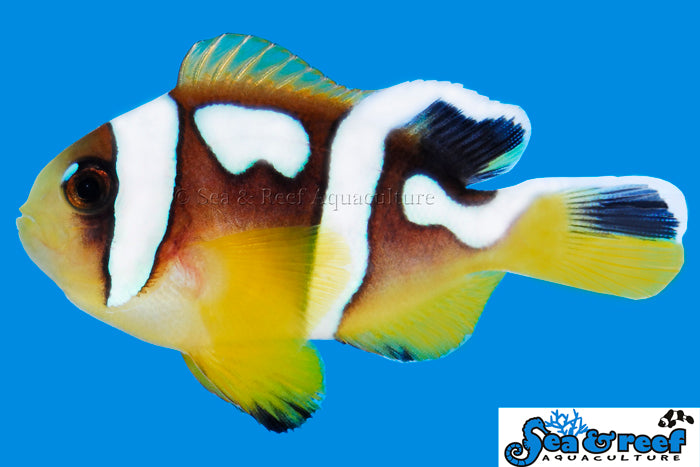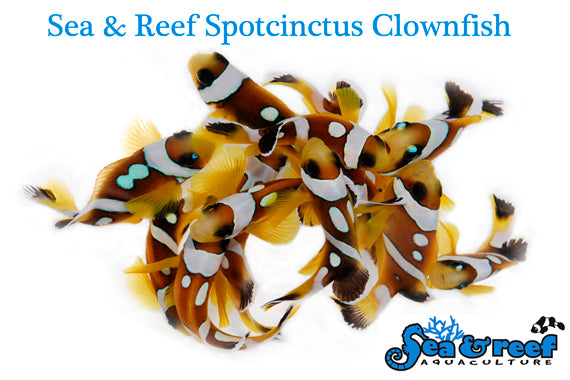

Acclimation Guide
Goals for acclimation:
- Slowly raise the pH .1 pH for every 20 minutes
- Match temperature
- Match salinity
- Match Ph
Drip acclimation process:
- Drip 4+ drops per second or how many drops it takes to raise the Ph .1 in 20 mins. (Example clam package comes in at 7.9ph and your system is at 8.0ph). This should take you 20 mins for acclimation.
- Remove water (bring water line to 1” over clam level) Otherwise the extra water dilute every drop
- Increase drip speed once you hit 7.8ph. From 7.8 to 8.4 it will take more drops to raise the ph
- Continue dripping and continue taking water out of the container until the pH, salinity, temperature matches your system
- Use pH probe salinity probe and temperature to make sure everything matches if you have the equipment
- Ideally in your acclimation container: have a small heater, a pump, also add airline tubing and a bubbler if you have it, as this will help raise the pH, circulate the flow of water, matches temperature to your system, and bring healthy oxygen into the water.
17 Questions for a Successful Clam - BRStv
Acclimation is the Key - Aquaforest.
Clam Care
How to Care for Giant Clams
Explore this guide along with quick videos to better understand how to care for Clams.
Clam PAR (Lighting for Clams)
We recommend for all giant clams, PAR ranges of 100 - 450 PAR
- 8 - 9 hours at these levels are sufficient
- Par = Food!
- Clams can adapt to higher PAR, but be careful as you can burn the clams very easily!
Derasa 125 - 400 PAR
Maxima 150 - 300 PAR
Squamosa 150 - 300 PAR
Crocea 225 - 450 PAR
Gigas 100 - 350 PAR
Hippopus 100 - 250 PAR
Clams Needs - Aquaforest
Let's Talk Clam Chemistry - Aquaforest
Ideal Water Parameters
This water sample was collected in Tahiti, known for its abundance of thriving Corals and Clams.



